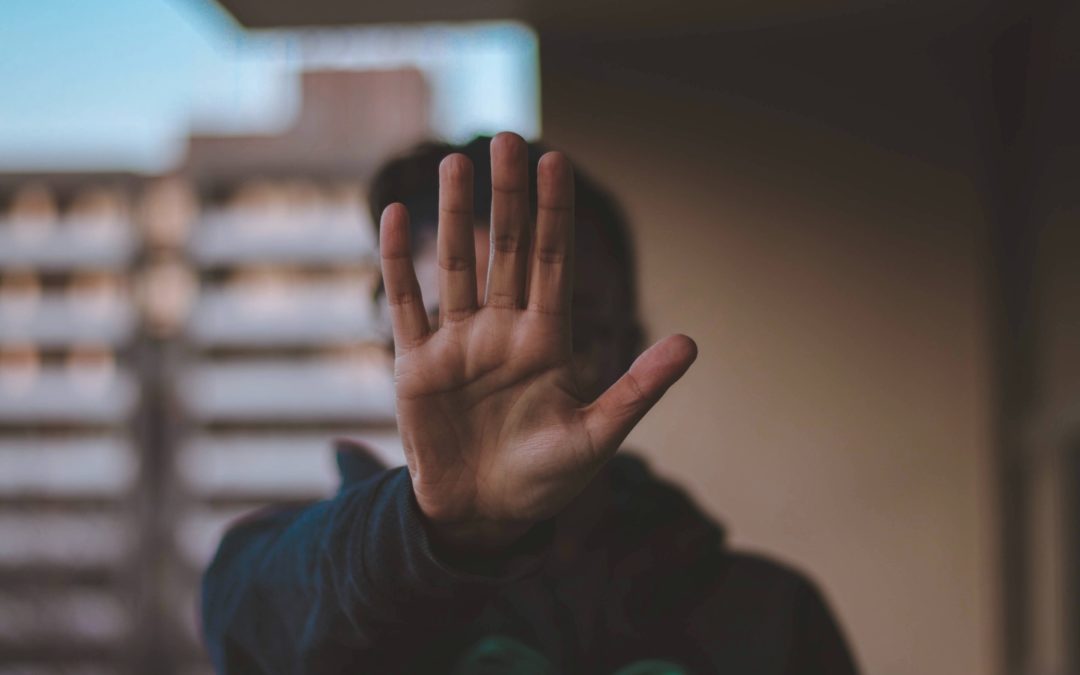by Christine Ege
Many concur that hindsight is always 20/20, as it is relatively easy to recognize mistakes after they have been made and identify sins after they have been committed. However, it is not always such a simple matter to discern truth in the face of ongoing misinformation, in the heat of the moment. In Chapter 7 of Dr. Susanna Kokkonen’s book, Journey to the Holocaust, she points out that most of the Nazi perpetrators were ordinary people like ourselves. That thought alone should give us pause.
Deception would not be called deception if it were readily identifiable by the person being deceived. Aside from the facts that killing is typically regarded as a normal activity during times of war, war itself brings some level of brutality that skews our view of life, and peer pressure can cause individuals to refrain from standing against the general tide of opinion, a perpetrator often fails to regard the victim as human like himself. Particularly when a specific group of people is consistently targeted as inferior, subhuman, and unworthy of life – therefore deserving of extermination – even normal husbands, wives, and parents are vulnerable to the deception of considering themselves as superior to that so-called subhuman class of people.
In the case of the Nazis, dissociating oneself from the humanity of others and considering oneself as superior proved lethal for six million Jews and five million additional others deemed unworthy of life. After the war, however, many perpetrators simply returned to normal life. How can we avoid falling into the superiority trap ourselves?
Dr. Kokkonen points out that “…unless we recognize evil, we can certainly not resist it (p.202).” We must strive to keep in mind that every human life has value. While this principle may seem simplistic, it is often challenging to recall when confronted with a steady stream of invective against a group of people labeled as worthless or wicked by one’s community or government. An individual resisting the superiority snare is someone who maintains a strong identification with the victim and who is convinced that that person has a fundamental right to continue living [p.206).
During World War II, rescuers arose in diverse corners of society – in consular and diplomatic echelons, as well as in ordinary neighborhoods and even rural communities. The gravity of their choices to resist Hitler even at the risk of their own lives cannot be understated. Rescuers unwaveringly acted on behalf of those they were hiding, aiding, or defending. Many gave their own lives in the process of refusing to regard themselves as superior and others as inferior. Instead, these valiant heroes chose to value the lives of others at the expense of themselves.
May we also have the courage to resist antisemitism, prejudice, and indifference and remember that every person has intrinsic value and is deserving of life! May we, as ordinary people, be bold enough to make extraordinary choices for the good of others!

